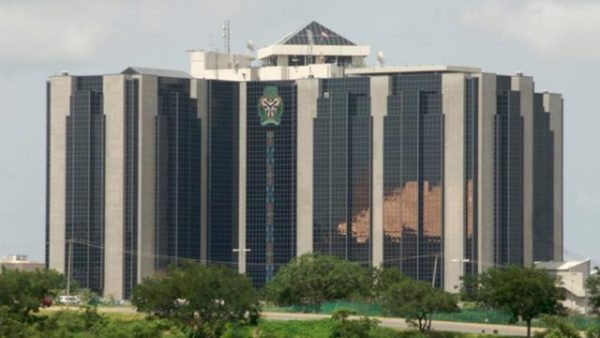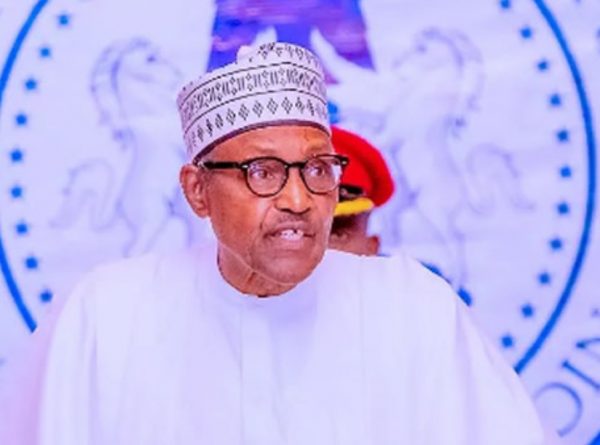Economy as epicenter of elections brouhaha in 2019

Barely 24 hours to the kick off of 2019 general elections, which were botched at the last minute, the National Bureau of Statistics said the country yearly inflation dropped to 11.37 per cent in January, down from the seven-month high it reached in December, at 11.44 per cent.
The Central Bank of Nigeria (CBN) has had a running battle taming inflation numbers in nearly two years, with a mix of interest rate hike and foreign exchange management. By analysts’ estimates, the efforts have been largely successful.
However, the ongoing electioneering may have something contrary for the assessed monetary policy successes by reason of the alleged monetisation of voters’ interests, long standing investors’ confidence crisis and ensuing economic management issues.Basic economics holds that increases in the money supply, arising from autonomous sources, government spending and foreign demand and growth, are naturally inflationary, ultimately pulling prices higher.
Understandably, while payment for ad hoc staff, printing of campaign and elections materials may have increased the supply of money in the system, their effects may be growth-imbued, because productive activities were raised, as well as employment. Besides, such transactions passed through the formal financial system and would be captured for monetary policy actions.But what about “dollars” exchanged by the roadside currency hawkers and the opening of tills/“soakaways”, where stashed funds have been lying in wait to take advantage of the non-implemented limit to election spendings? What about the “bountiful” cash mobilisation of thousands of people to attend campaign rallies, which bulk was not a formal transaction ab initio?
This is a typical exogenous factor that may distort monetary policy decisions before, during and after the elections.The enormity of this menace was a continuous sub-theme in almost, if not all, of the six monetary policy meetings in 2018, where the policymakers rejected all options to cut benchmark interest rates to sustain price stability, citing the ongoing elections spendings, among others.In the communiqué, at the end of the Monetary Policy Committee meetings last month, the nine-page document mentioned more than five times across different economic considerations the socio-political tensions and perceived election risks hanging on the domestic economy.
CBN Governor, Godwin Emefiele, while reading the communiqué, said the committee noted the broader measure of money supply, which grew by 16.58 per cent in 2018, above the provisional benchmark of 13.02 per cent and the broad money, that also grew by 12.17 per cent in December 2018 alone, over its in December 2017, in contrast to the provisional benchmark of 10.48 per cent for 2018.“The resurgence in inflationary pressure in the economy was of concern to the MPC, as headline inflation (year-on-year) inched up to 11.44 per cent in December 2018, from 11.28 per cent in November 2018.
“The committee observed that the near-term risks to inflation remain- … the exchange rate pass-through to inflation due to weakening oil price and campaign-related spending towards the 2019 general elections,” he said.Already, the election-related confidence crisis facilitated observed decline in the equities market, which dominated the most part of 2018.
“The All-Share Index (ASI) decreased by 17.81 per cent from 38,243.19 points at end-December 2017, to 31,430.50 points at end- December 2018. ASI further decreased by 1.35 per cent to 31,005.17 as at January 18, 2019.“Similarly, Market Capitalization decreased by 13.87 per cent from N13.61 trillion at end-December 2017, to N11.72 trillion at end-December 2018. It further declined by 1.37 per cent to N11.56 trillion as at January 18, 2019.
“The committee observed that these developments largely reflected…..and the sustained profit taking activities of foreign investors, arising from perceived political risk in the build-up to the 2019 general elections,” he added.Stock market operators and stakeholders, since the period in considerations, have not minced words in calling out political gladiators and their actions, as being behind the sliding fortunes of the bourse, with market players constantly on cautious mode.
The Nigerian-born Research Analyst at the Cyprus-based FXTM, Lukman Otunuga, noting that the country’s equities market has repeatedly displayed resilience against both external and domestic risks since the start of 2019, said only a perceived market-friendly result of the election will be positive for the local currency.He said Nigeria’s declining inflation to 11.37% in January, despite increased government spending ahead of the Presidential elections, is an unexpected development, but a welcome situation to the economy.
According to him, if inflationary pressures continue to ease, CBN would be prompted to cut interest rates to stimulate growth, encouraging businesses to increase investments and consumers to borrow.“The next major event risk for Nigeria is the presidential elections (this weekend). While the outcome remains uncertain, it will certainly have a significant impact on Nigeria’s economic outlook.
“There is mounting political risk ahead of the elections and domestic investors seen bargain hunt. While the Naira continues to witness stability against the dollar, volatility could be in the cards depending on the election outcome,” he noted.A fiscal governance campaigner, Eze Onyekpere, said the first likely effect of untamed election spending is that public money meant for developmental projects will likely be frittered away.
“This can happen at the federal, state and local levels and this will contribute to poverty and enhancement of the misery index. “Those who spent recklessly from their private resources will most likely want to recoup same if they get access to state resources after the election, because no one is ‘Father Christmas’, even the ‘Father Christmas’ charges some money as entrance fee. Thus, corruption will be on the ascendancy.
“If vote buying becomes widespread and affects the outcome of elections, then the election cannot be said to be free, fair and credible. This will foist an illegitimate government on the people and such government cannot effectively mobilise all the resources required for development, as its lack of legitimacy will haunt it throughout its tenure,” he noted.
Also, Abuja-based development consultant, Jide Ojo, said research has shown that reckless election spending and vote buying retards national development as it promotes political corruption. Politicians who engage in vote trading are not philanthropists. They see politics as business investment that can yield them super profit. The economy itself, is involved.
“After swearing in, the major preoccupation of these reckless politicians will not be to fulfill an articulated campaign promises, but to line their pockets with state funds.”“It is also important to flag the fact that vote trading is a criminal offense, under our laws, whether enforced or not. Section 124 and 130 actually criminalised voter inducement or bribery,” he said.







